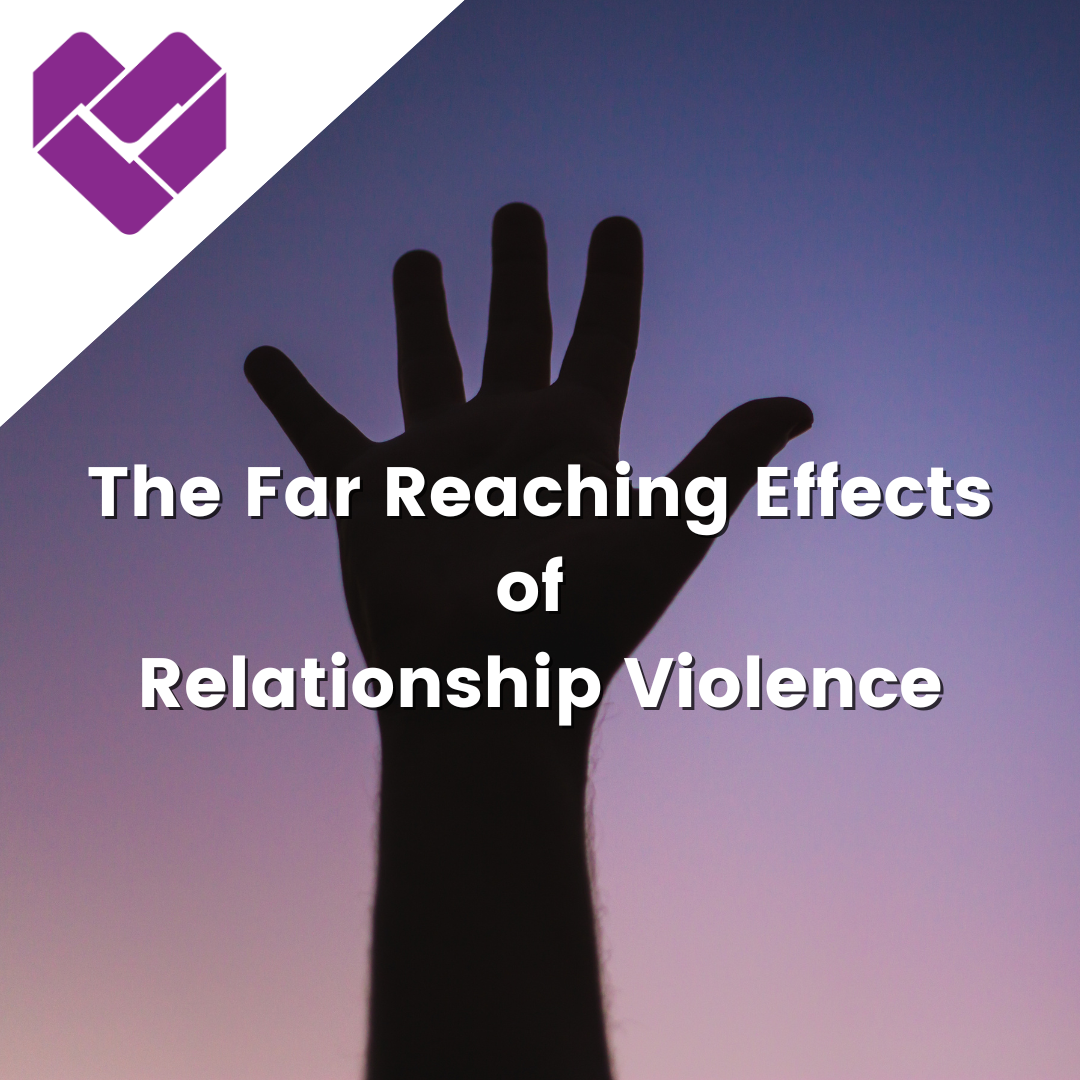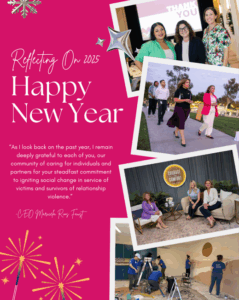By: Maricela Rios-Faust, CEO of Human Options
As caring individuals, we often think it would be easy to spot an abusive partner from a mile away and identify a victim with ease. The reality is far more complex. Relationship violence, often hidden behind closed doors, defies stereotypes and preconceived notions.
The far-reaching effects of relationship violence are both profound and pervasive, affecting not just the victim but their entire family. They continue to cast their shadow long after the relationship has ended. This highlights the importance of understanding that stigma and stereotypes can be a barrier when contemplating leaving an abusive relationship, impacting an individual’s journey once they break free.
Breaking Down Stereotypes
One of the most significant barriers to addressing relationship violence is the prevailing stereotype that abusers and victims fit neatly into predefined roles. The truth is that abusers can be found in all walks of life, regardless of their socioeconomic status, gender or sexual orientation. They may hold high-power positions, and their abusive behavior can be well hidden behind a facade of charm and charisma. This makes it difficult for friends, family, and even the victims themselves to recognize the signs of abuse.
The Hidden Struggles of Victims
For victims, leaving an abusive relationship is rarely a straightforward or easy decision. The fear of judgment and stigma are just a few reasons that keep them trapped in a cycle of abuse. They are often manipulated into believing that the abuse is their fault. Additionally, they may think that no one would suspect that their partner could be an abuser, reinforcing the fear that they won’t be heard. This misconception can lead to missed opportunities for intervention and support by friends, family and colleagues.
Effects on the Whole Family
When it comes to the impact of relationship violence, it extends far beyond just the victim and abuser. The normalization of abuse within families can perpetuate a pattern of violence. Children in abusive households often witness violence that can affect their mental and emotional well-being for years to come, leading to a cycle of abusive relationships later on in their lives. This increases the risk that they experience an abusive relationship, or become an abuser themselves. Without support, the effects of abuse can reverberate through generations.
The Aftermath
Leaving an abusive relationship is a courageous step, and the beginning of a long journey to healing. Victims often grapple with feelings of shame, guilt and low self-esteem. When it comes to rebuilding their lives, relationships and self-worth can be a daunting task for many victims and survivors. It’s essential for us to offer strong support systems to help find the courage to create one from scratch.
We can work together to break down the barriers to leaving an abusive relationship, including dispelling the stigma around Relationship Violence, and empowering them to seek help. Victims need to be able to feel safe coming forward. The cycle of violence can be broken and healing is possible. It starts with acknowledging the complexity of relationship violence and offering unwavering support to those who have the courage to break free.
For more information about Human Options, please call our hotline at 877-854-3594 or visit humanoptions.org.





